


Whether you are lucky enough to have a cat companion or must merely live this experience vicariously through cat videos, Felis catus is a familiar and...



Replanting forests can help cool the planet even more than some scientists once believed, especially in the tropics. But even if every tree lost since the...
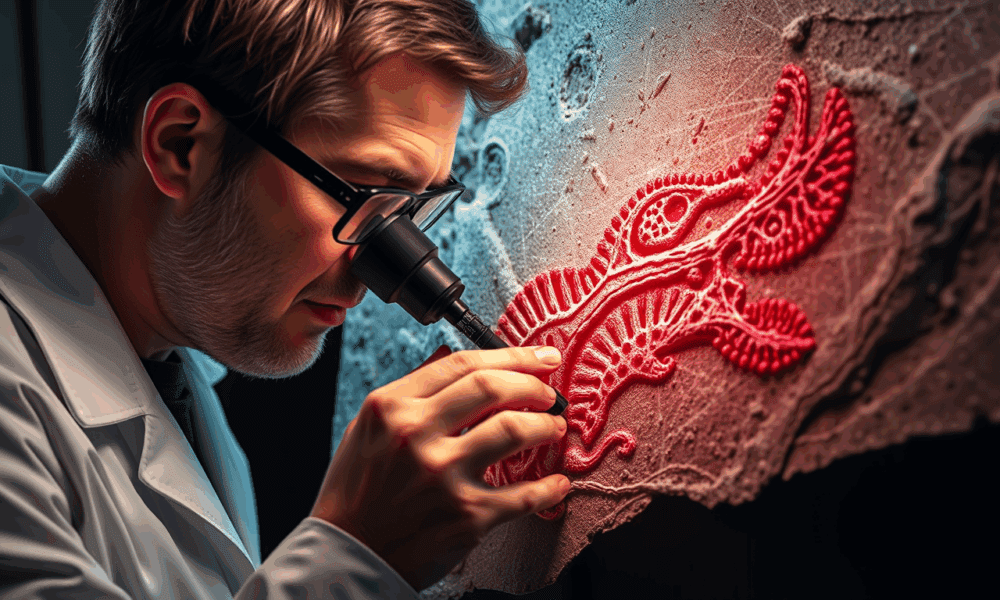
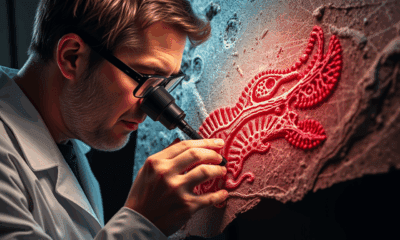

New techniques used to analyze soft tissue in dinosaur fossils may hold the key to new cancer discoveries. Researchers have analyzed dinosaur fossils using advanced paleoproteomic...
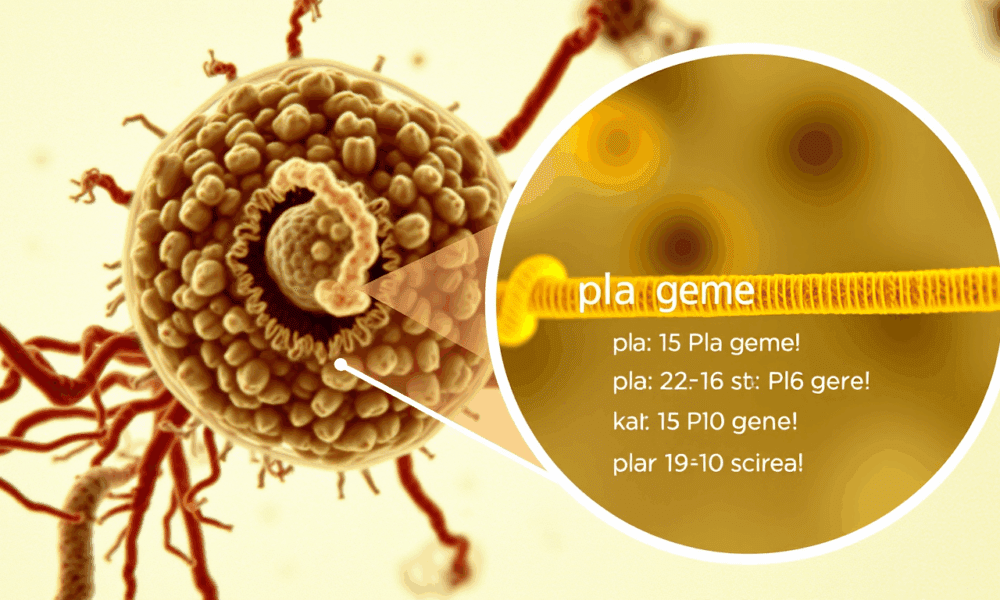
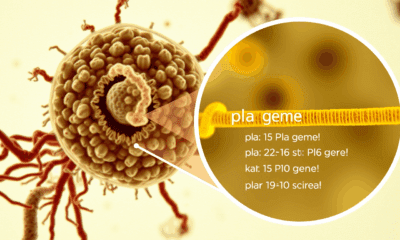

Scientists have documented the way a single gene in the bacterium that causes bubonic plague, Yersinia pestis, allowed it to survive hundreds of years by adjusting...



Spring in the Arctic brings forth a plethora of peeps and downy hatchlings as millions of birds gather to raise their young. The same was true...



The fossils of ancient salamander-like creatures in Scotland are among the most well-preserved examples of early stem tetrapods -- some of the first animals to make...



Chemists have demonstrated how RNA (ribonucleic acid) might have replicated itself on early Earth -- a key process in the origin of life.



Palaeontologists have analyzed the most complete stegosaurian skull ever found in Europe and rewritten the evolutionary history of this iconic group of dinosaurs.



A new study finds that chronic cannabis use -- whether it's smoked or consumed in edible form -- is associated with significant cardiovascular risks.
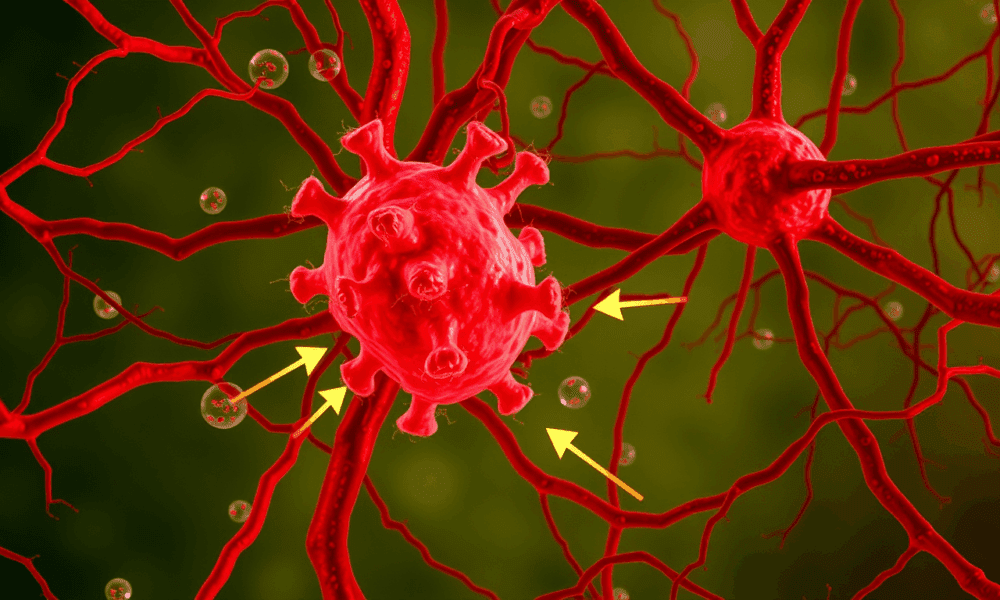
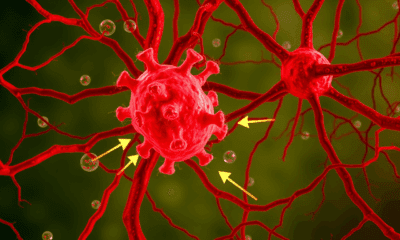

The aging of the innermost cell layer of blood vessels leads to cardiovascular diseases. Researchers have now shown for the first time that intestinal bacteria and...